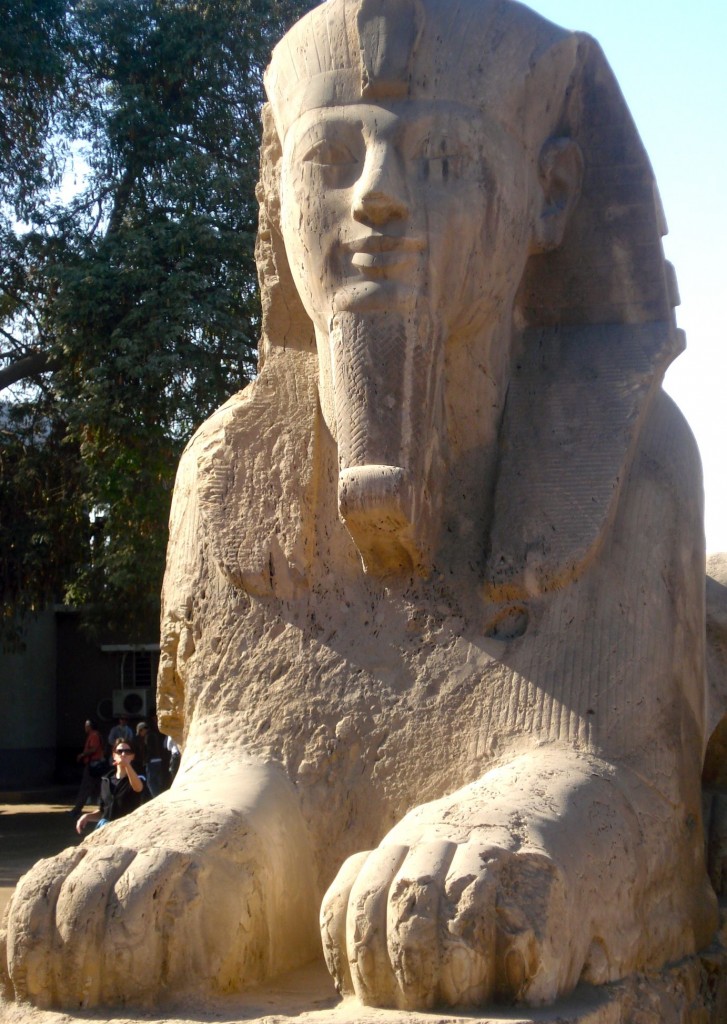The “Natufians” were hunter-gatherers whose descendants eventually became the first farmers and herders in the Fertile Crescent. Ultimately a great civilisation developed in that region. The people of that civilisation were called the Sumerians and they are generally credited with inventing the wheel and developing the first alphabet. These were remarkable achievements for people with hardly any wood, whose best material for a writing surface and for building houses was mud.

The ancient Egyptians built the Great Pyramid of Giza without the wheel. In addition, they developed their own system of writing, probably influenced by the Sumerians. The ancient Egyptians usually get the credit, among other things, for domesticating cats, embalming bodies with great skill and living successfully in a land that, except for a thin fertile strip near its river, was basically desert. It was an improbable place for such a major and successful civilisation, made possible only by the existence of that river, the Nile, and by the talents of the people. Every year the Nile delivered its fertile silt to the inhabitants of the Nile Valley, its floodwaters sweeping down from the Ethiopian mountains in the south to the plains of the north. Every year the Egyptian peasant farmers used that silt and water to crop their land and grow the food that supported the whole population.
Some of my students think it would have been much easier for human beings once they started to farm. My students point out that people would no longer have encountered as much danger from hunting and would have felt more confidence about having food when they needed it. While these are fair points, farming in ancient Egypt was labour-intensive, to say the least. A peasant farmer was also at the bottom of the social hierarchy. This was no easy life. Hunter-gatherers six or seven thousand years before in a fertile area like the Fertile Crescent might well have had more leisure time and fewer people telling them what to do – and no one to tax them as well.
Find out about ancient Egypt at these links, ensuring that you make notes on topics that could help with assignment research:
Mummy Maker Game at the BBC Website
The importance of the Nile – BBC Website
The importance of the Nile – an easier website
Questions and answers about the Nile – an easy website
A day in the life of various ancient Egyptians – PBS Website
A fascinating account of archaeological evidence on who actually built the Pyramids – PBS website